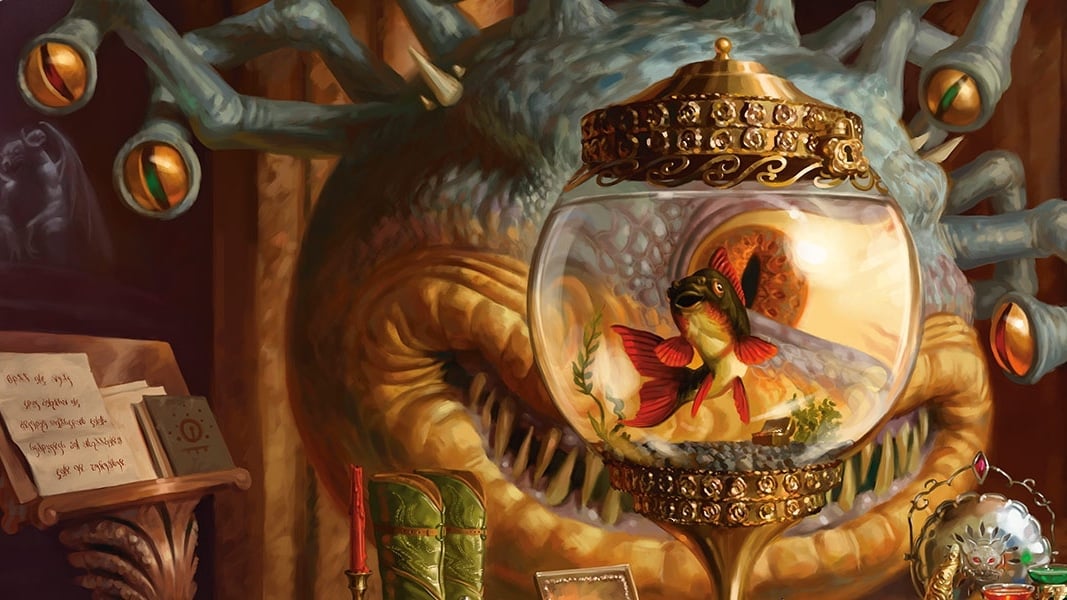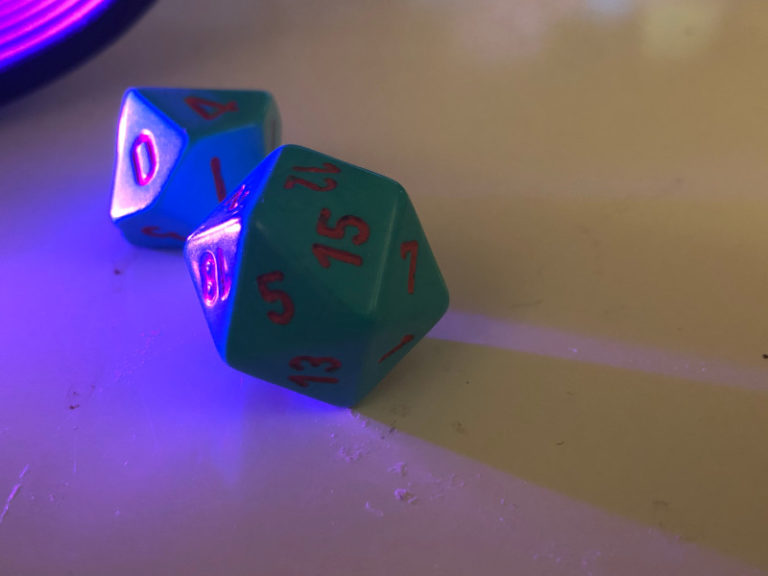Beholder Names Guide | Naming Conventions for 5E
Beholders: One of the most infamous foes in Dungeons & Dragons 5E.
While beholders could be found in the Monster Manual, Volo’s Guide to Monsters has actual culture and lore for the beasts. The beholder is a floating head with a single eye. This head is typically scaled, with pronounced jawbones or other elements. Attached to the head are several eyestalkers, wriggling and finding things constantly. Beholders are absolutely terrifying foes, and they have no real chance of assuming a good personality. As such, a good name for a beholder is necessary; Beholders are some of the most important enemies that a D&D party can battle. Our Beholder Name guide can see everything, including the best methods to name your beholder.

Table of Contents
Beholder Names 5E Guide
Beholders have a very specific relationship with the concept of names. Because of their strange and wondrous culture, it’s suggested that you sit down and think about the beholder’s name. They don’t have too many options, but it’s at least a step up from randomly generating it!
Do Beholders Have Names?
Beholders are more intelligent than almost any human can ever theorize. That leads to intense paranoia. Luckily for the beholder, their eyes are constantly active, scanning for threats in the shadows. This would almost become psychosis in any race, but for a beholder, this is required. What if something tries to assassinate or betray the beholder? Such intelligence deserves only the best defense.
The beholder’s ever-growing intelligence also leads it to have a million plans. Whenever a beholder plans dinner, it has a plan if an adventuring party is a) inside the dinner, b) delivering the dinner, c) is the dinner and poisoned themselves, or d) uses the dinner as a beacon for teleportation. This planning is just another facet that a beholder must take to protect themselves.
A beholder, therefore, sees other creatures as below itself. Not even dragons or liches can threaten them; beholders are the only match for other beholders. The most intelligent human (even one more intelligent than a beholder) will find themselves talked down to. If an adventuring party earns the respect of the beholder in battle, they may be captured and charmed into servitude. A beholder will never accept a non-beholder as a genuine threat. This is true even as they face defeat.
Beholders are not biologically born. During sleep (where a beholder is fully conscious), beholders’ dreams alter reality. If a beholder dreams of another beholder, that beholder will take shape. Beholders can dream of single other beholders (which either copy the dreamer or not), a hive, or a death-tyrant (a super beholder).
See Also: Barbarian Names Guide
Examples of Beholder Names
The immense intelligence of a beholder causes them to never accept a name from others. Even those that dreamed of the beholder cannot place a title on them. Instead, a beholder makes noises with it’s mouth until it finds something that sticks. Alternatively, the beholder has specific syllables that are important to it. For example, a beholder might find the syllable “skai” important, because they love flying, as it gives them the height advantage.
Beholder Names
- Barixis
- Chelm
- Derukoskai
- EddaIx
- Famax
- Irv
- Jantroph
- Khoa
- Lanuhsh
- Nagish
- Orox
- Qualnus
- Firgox
- Xugush
- Prilox
- Ralakor
- Selthdrych
- Sokhalsh
- Thimnoll
- Velxer
- Xeo
- Zalshox
- Zirlarq
Beholders have names, and some of them are quite unique. They also have access to legendary actions! If you don’t know what those are, check out our guide to legendary actions to learn more.






